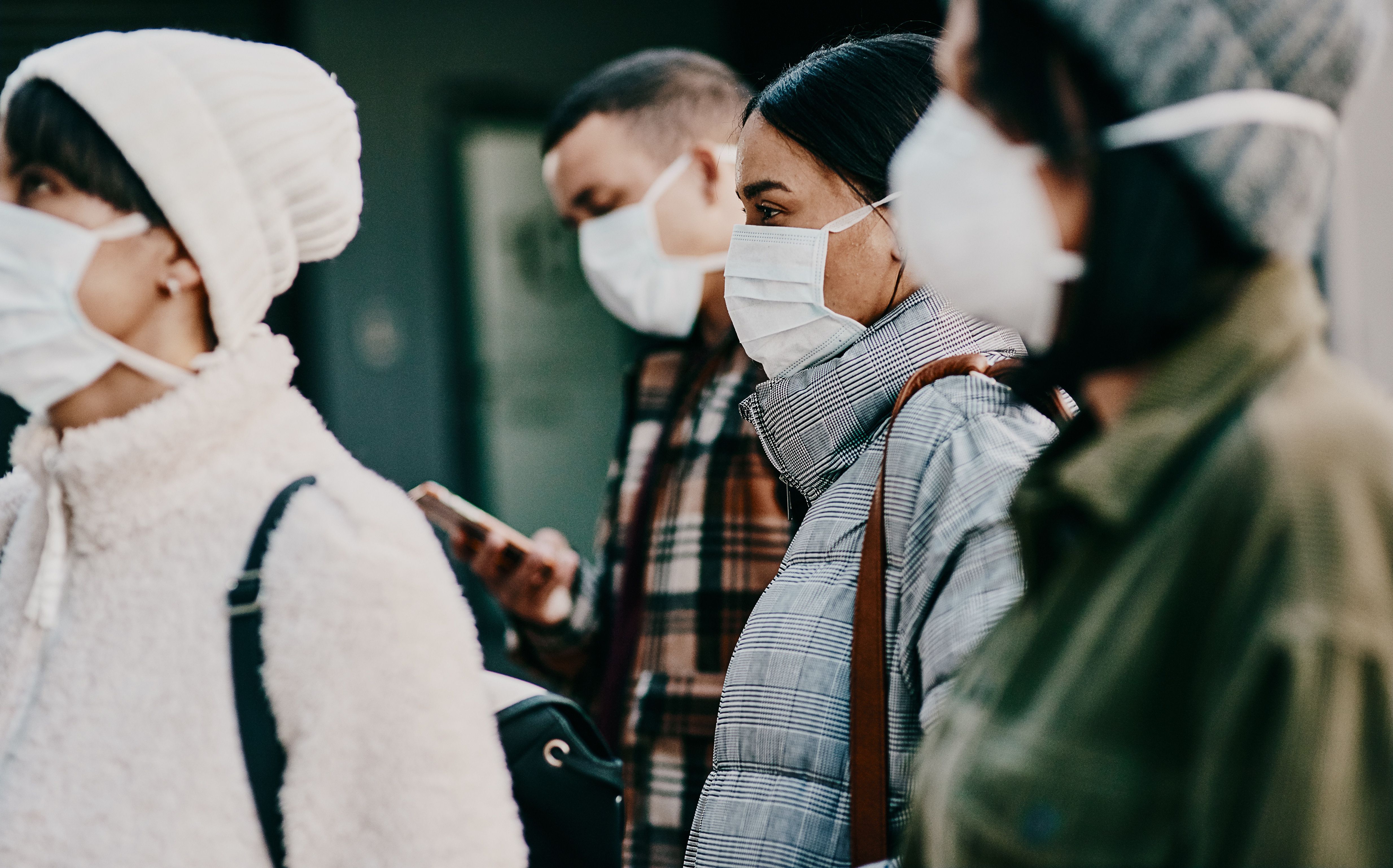- Center on Health Equity & Access
- Clinical
- Health Care Cost
- Health Care Delivery
- Insurance
- Policy
- Technology
- Value-Based Care
Severe Asthma Exacerbations: Spotlighting Trends Before and After COVID-19 Restrictions
The study’s investigators suggest the results in this patient population may indicate rises in clinically diagnosed viral infections from viruses other than SARS-CoV-2 following pandemic lockdown changes.
This article was originally published on HCPLive®. It has been lightly edited.
The total number of admissions to a pediatric intensive care unit (PICU) for those with severe asthma exacerbations (SAE) in the Netherlands decreased in the first year of the COVID-19 pandemic, according to new findings, though they increased significantly for SAE in 2021 and 2022 as COVID-19 restrictions lifted.1

The investigators that reported these findings noted that this may have been a result of increases in clinically-diagnosed viral infections that were not SARS-CoV-2. The findings were part of a single-center study looking at trends of SAE cases involving PICU admissions prior to, during, and following COVID-19 restrictions in Amsterdam, as well as any links to environmental triggers or restriction alterations.
This research was led by Anke H. Maitland van der Zee PharmD, PhD, from the Department of Pulmonary Medicine at Amsterdam University Medical Center (UMC) in the Netherlands.
“While the incidence of asthma exacerbations in children during the COVID-19 pandemic has been evaluated, the incidence of SAE, specifically those requiring PICU admission and treatment, during the pandemic is, to our knowledge, not known,” wrote Maitland and colleagues, which led to the team assessing admissions to the PICU and related trends.2
The investigators used a retrospective cohort study design, carrying out their research at the Amsterdam UMC. This facility is a tertiary medical center that maintains a PICU with 12 beds that functions in the northwestern part of the Netherlands.
The research team looked at the electronic hospital records of children that were in the PICU between 2018 and 2022, with a unique focus on individuals with diagnosed SAE. Diagnoses were defined as cases in which exacerbations had been unresponsive to systemic corticosteroids, bronchodilators, and intravenous magnesium sulfate.
The team excluded subjects that were under 2 years old with wheezing, which they attributed to the fact that the differentiation between bronchiolitis and asthma for these patients was challenging. Only those aged 2 years and above were assessed.
The investigators looked into the subjects’ social, demographic, and clinical information, as well as the total number of PICU admissions reported at Amsterdam UMC. The team looked at data regarding closures of educational facilities, lockdown requirements, workplace restrictions, and other information which they found in the Oxford COVID Response Tracker.
The research team looked at links between SAE admissions each month and corresponding restrictions. They calculated the stringency score through the monthly scores of school closures and workplace closures.
Environmental elements such as ambient air pollution, secondhand smoke exposure, and exposure to pollen from 2018 to 2022 were considered by the investigators. Exposure measurements per day were put into monthly and yearly averages for the team’s comparisons.
Overall, the research team found that from January 2018 to December 2022, the PICU at Amsterdam UMC reported 228 total admissions of young patients with diagnoses of SAE. They concluded that the times in which stricter restrictions were in place, the data showed a reduction in admissions.
That said, after the relaxation of Amsterdam’s COVID-19 restrictions in the year 2021, the team noted that there was a notable surge in admissions to PICU for those with SAE. In fact, the investigators reported the highest incidence happened from August to November 2021, surpassing prior peaks in this time frame.
Furthermore, the research team could not identify a discernible link with air pollution or pollen levels among those they assessed.
“Therefore, in future pandemic preparedness planning, it is important to consider changes in other infectious diseases in a postrestriction period,” wrote the researchers. “However, as this is a single-site study, these findings need to be studied further and replicated in a wider setting to better understand these observations.”
References
1. Bazdar, S, van den Berg, S, Rutjes, NW, et al. The effects of the COVID-19 pandemic on PICU admissions for severe asthma exacerbations: a single-center experience. Pediatr Pulmonol. 2023; 1-10. doi:10.1002/ppul.26741.
2. Dondi A, Betti L, Carbone C, et al. Understanding the environmental factors related to the decrease in Pediatric Emergency Department referrals for acute asthma during the SARS-CoV-2 pandemic. Pediatr Pulmonol. 2022; 57(1): 66-74.
The Breakdown: Breast Cancer Research Awareness Day
August 19th 2025Breast cancer is the second most common cancer among women and the second leading cause of cancer-related deaths among women in the US. In light of Breast Cancer Research Awareness Day, The American Journal of Managed Care® breaks down the most recent advancements in breast cancer prevention, screening, and therapies.
Listen
ATTR-CA Variant Disproportionately Impacts Black Individuals With Heart Failure
September 16th 2025The transthyretin cardiac amyloidosis (ATTR-CA) variant is more prevalent in Black individuals, increasing the need for more research to assess hereditary links and early prevention awareness.
Read More
